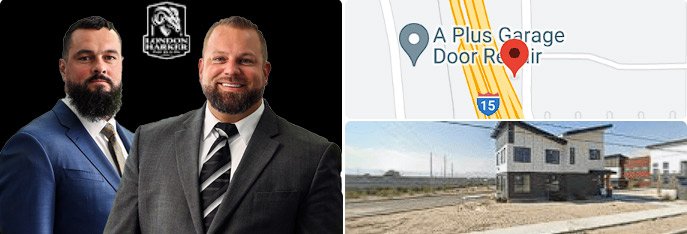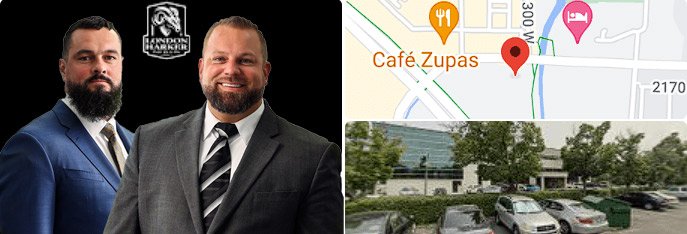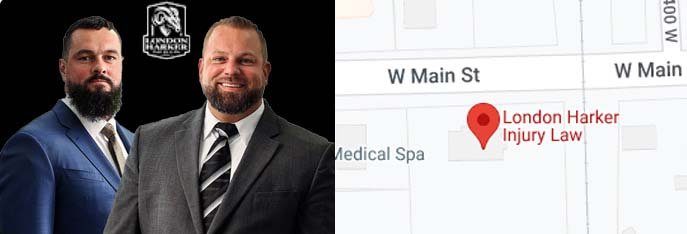Posted on Wednesday, March 6th, 2024 at 9:00 am
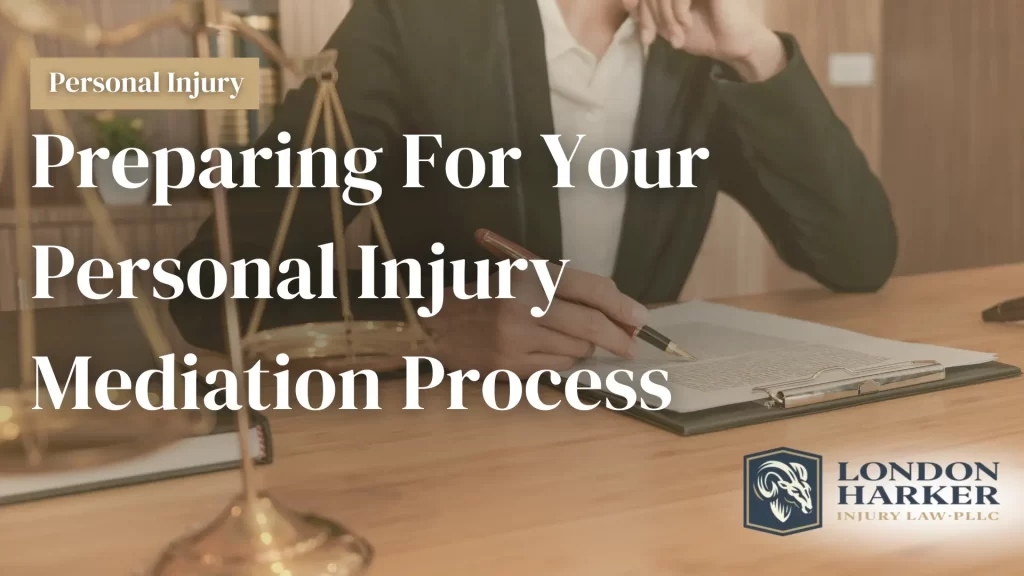
If you have been injured because of another party’s negligence in Utah, seeking compensation can be hard on your own. Negotiating with the insurance company on your own to get what’s fair can be particularly difficult.
Mediation, an alternative dispute resolution method, often resolves many personal injury claims by facilitating settlement agreements outside of the courtroom. To achieve a favorable outcome in personal injury mediation, a thorough understanding of the process and meticulous preparation are essential.
Steps in the Mediation Process for Injury Cases
The mediation process for personal injury cases typically involves several key steps:
- Selecting a mediator: Both parties must agree on a neutral third party to serve as the mediator. The mediator is often an experienced attorney or retired judge with training in dispute resolution.
- Submitting position statements: Before the mediation, each party may be requested to submit a written statement outlining their position on the case, including the facts, legal arguments, and proposed settlement terms.
- Opening statements: At the beginning of mediation, each party or their attorney presents a brief opening statement summarizing their position and goals for the mediation.
- Private caucuses: The mediator meets with each party separately in private caucuses to discuss the case, explore settlement options, and convey offers and counteroffers between the parties.
- Negotiations: The mediator facilitates negotiations between the parties involved, working to find common ground and reach a mutually acceptable settlement.
- Closing the mediation: If the parties reach an agreement, the terms are put into writing, and the document is signed by both parties. If you cannot reach an agreement, the mediator may recommend to schedule another mediation or proceed to trial.
How to Prepare for Injury Mediation
Thorough preparation is critical to achieving a successful outcome in your personal injury mediation. Here are some key steps you can take to prepare:
- Gather evidence: Collect all relevant evidence related to your case, including medical records, police reports, witness statements, and photographs of the accident scene and your injuries.
- Assess your losses: Work with your attorney to calculate the total value of your losses, including medical expenses, lost wages, pain and suffering, and any future anticipated losses.
- Determine your settlement range: Identify a realistic settlement range that is based on the strength of your case, the extent of your losses, and any potential weaknesses or challenges. The settlement amount can also include the potential taxes that you pay.
- Prepare your position statement: Work with your attorney to draft a clear, concise, and persuasive statement outlining the key facts and legal arguments supporting your case.
- Anticipate the other side’s arguments: Consider the potential arguments and defenses the opposing party may raise and prepare counterarguments.
- Practice your opening statement: Crafting a clear and persuasive opening statement is crucial for a successful mediation. Collaborate with your attorney to rehearse your delivery.
- Advocate for your goals, but be flexible: Know your desired outcome clearly, but also be prepared to negotiate in good faith and consider compromises to reach an agreement.
Tips for Successful Personal Injury Mediation
To enhance your prospects for a productive mediation session, consider implementing these strategies in addition to comprehensive preparation:
- Listen actively: Pay close attention to the other party’s statements and arguments, as this can provide valuable insights into their perspective and help you identify potential areas for compromise.
- Stay calm and professional: Even though mediation can be emotional, keeping your composure and acting professionally throughout the process is crucial.
- Be patient: Mediation can be a lengthy process, and it may take several rounds of negotiations to reach an agreement.
- Trust your mediator: Remember that the mediator is a neutral party whose goal is to help you reach a resolution. Trust their expertise and be open to their suggestions and guidance.
- Be willing to think creatively: Sometimes, the most effective solutions involve creative problem-solving. During negotiations, consider alternative settlement options that may arise due to statements made.
- Focus on your interests: Rather than getting bogged down in positions, focus on your underlying interests and needs. This can help you find common ground with the other party and develop mutually beneficial solutions.
- Know when to walk away: While the goal of mediation is to reach a settlement, there may be times when the other party is unwilling to negotiate in good faith or offer a fair resolution. In these cases, be prepared to walk away and pursue your case through other means.
To know more tips for successful personal injury mediation, know more about the whole settlement process here.
The Role of Your Personal Injury Attorney in Mediation
Your personal injury lawyer plays a vital role in the mediation process. They will:
- Explain how to prepare for injury mediation
- Help you gather and organize evidence
- Assess the strengths of your case
- Develop a negotiation strategy tailored to your specific needs and goals
- Draft a compelling position statement on your behalf
- Represent you during the mediation, advocating for your rights and interests
- Provide guidance and advice throughout the process, helping you make informed decisions about settlement offers and next steps
How London Harker Injury Law Can Help with Your Personal Injury Mediation
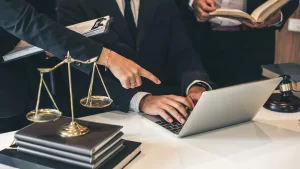 At London Harker Injury Law, our skilled personal injury attorneys have extensive experience representing clients in mediation and settlement negotiations. We understand and are committed to fighting for the compensation you deserve.
At London Harker Injury Law, our skilled personal injury attorneys have extensive experience representing clients in mediation and settlement negotiations. We understand and are committed to fighting for the compensation you deserve.
Bottom line, when you work with London Harker Injury Law, you can expect:
- Personalized attention and guidance throughout the mediation process
- Thorough case preparation and evidence gathering for insurance adjusters
- Skilled negotiation and advocacy on your behalf against the insurance company and at-fault party
- Clear, honest communication and updates on the progress of your case
- A commitment to pursuing the best possible outcome for your unique situation
Call London Harker Injury Law Today
Proactive legal guidance plays a crucial role in bolstering your stance during personal injury mediation. By scheduling a free consultation with London Harker Injury Law today, you can access the skills and knowledge of our seasoned Sandy personal injury attorneys, who are dedicated to championing your rights. During the consultation, we will offer clear explanations of your legal options, address any inquiries you may have, and discuss how mediation works.
Our experienced team is committed to providing you with comprehensive support every step of the way. Whether you’re grappling with medical bills, lost wages, or emotional distress, we will strive to secure the compensation you deserve. Don’t hesitate to reach out to us at 77CARCRASH or contact us online to schedule your consultation and take the first step toward achieving a favorable resolution for your case.
